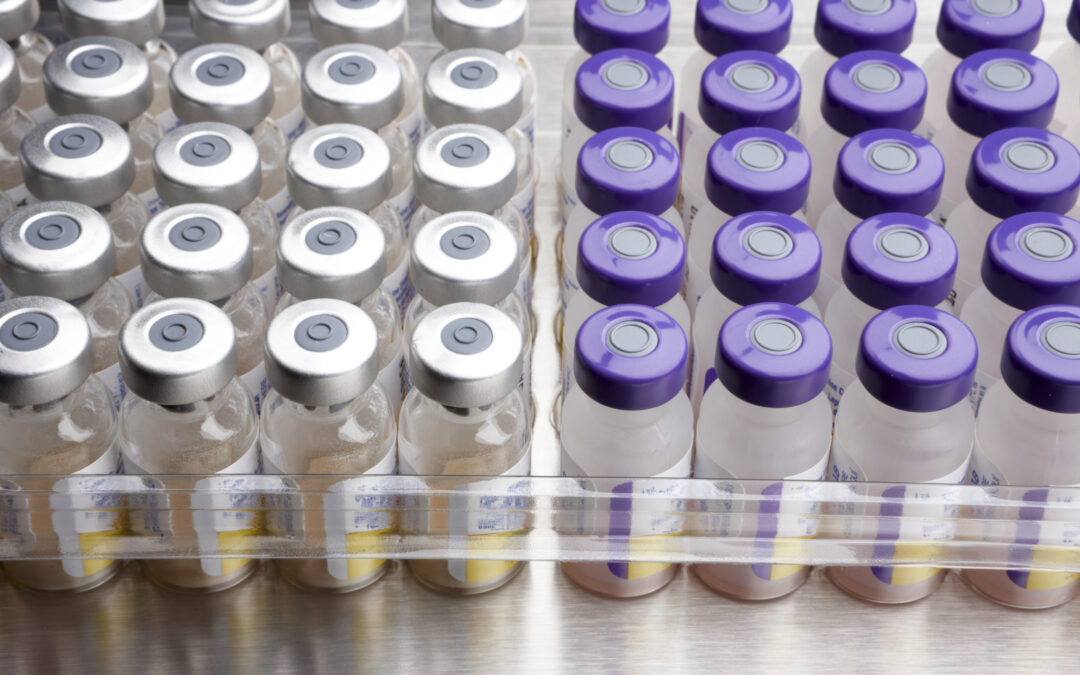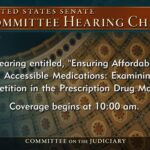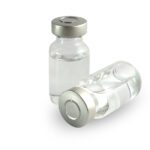Biden Budget Proposes a Step Toward Biologic Drug Competition
Alex Brill
Politicians—Democrats and Republicans alike—regularly complain about high drug prices and the need for policy changes to make prescription medicines more affordable for patients (read: voters). Approaches to this problem typically fall into one of two widely differing camps: either government-knows-best solutions that empower policymakers to intervene in a market by setting a price, or market-based solutions that foster more or better competition, trusting that a such an approach will naturally lead to lower costs. Perhaps reflective of disparate internal perspectives, the Biden Administration seems to be drawing from both camps in its efforts to reduce the cost of prescription drugs.
Two years ago, the Inflation Reduction Act (IRA) included giant steps toward government intervention in the market by giving policymakers the authority to negotiate certain drug prices in Medicare Part D and capping the monthly out-of-pocket cost for insulin prescribed to Medicare patients. At present, the Department of Health and Human Services is in the midst of price negotiations with drug companies, with new Part D prices set to become effective in 2026. While only 10 drugs will be subject to price setting at first, the list will grow over time and the number of drugs at risk of being subject to negotiations is far greater. The uncertainty this creates in the market is likely to have unintended adverse effects on the development of both new medicines and products to compete with existing costly drugs.
Yet, even as the Biden Administration intervenes in the market in this big way, elsewhere the Administration is proposing a significant step toward market-based competition. Specifically, the President’s budget proposes eliminating
At present, a biosimilar without an interchangeability designation cannot be substituted at the pharmacy counter for its reference biologic product without physician approval. Unlike with regular generic drugs, a manufacturer has to take additional steps for its biosimilar to be considered interchangeable
While one can debate if the two-tiered approval process was ever a good idea, the clinical experiences and scientific understanding related to biosimilars certainly support this change now. The Administration’s prop
This proposal is a timely and appropriate example of policy reform geared toward harnessing market-based forces to encourage price competition and generate cost savings. By removing barriers to competition between and among biosimilars and their reference products, all stakeholders—patients, physici












